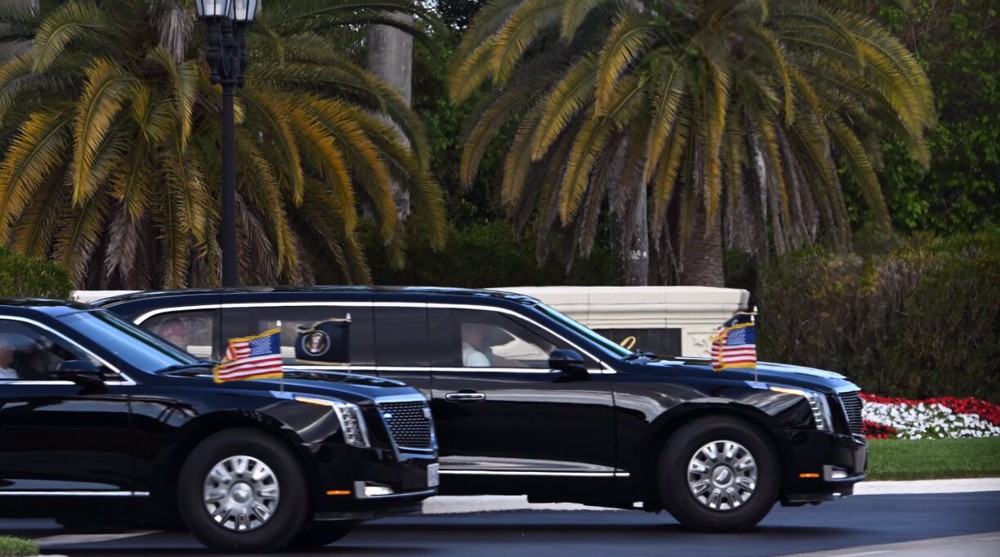Trump asks Supreme Court to block judge's travel ban ruling
The Donald Trump administration has asked the Supreme Court to block a federal judge's ruling that grandparents of American citizens already being processed by resettlement agencies are exempt from the US president's controversial travel ban.
The Justice Department asked the justices in a court filing on Friday to overturn the ruling of a US district judge in Hawaii that sought to limit the scope of the administration's ban on people from six Muslim countries.
US District Judge Derrick Watson ruled on Thursday that the federal government’s list of family relatives eligible to bypass the travel ban should be expanded to include grandparents, grandchildren, uncles, aunts and other relatives, as well as refugees without family ties to the country.
In his decision, Watson harshly criticized the government’s actions, calling them "the antithesis of common sense."

The Supreme Court handed a surprising victory to the president attempting to ban Muslims last month when it granted the government's request to reinstate parts of the contentious ban.
The court announced that it would hear arguments on the legality of Trump’s executive order in the court's next term, which starts in October.
However, the court also said that people with a "bona fide relationship" to a US person or entity could not be barred.
The Trump administration had narrowly interpreted that language, saying the ban would apply to grandparents and other family members, which prompted Judge Watson to expand the definition of who could be admitted.
The Justice Department argued on Friday that the judge's ruling "empties the (Supreme) Court’s decision of meaning, as it encompasses not just ‘close’ family members but virtually all family members.”
Read More:
- Hawaii judge narrows Trump’s travel ban
- US top court keeps parts of Muslim ban in place
- Hawaii defies Trump's Muslim travel ban
- Hawaii judge extends order blocking Trump ban

Omar Jadwat, a lawyer with the American Civil Liberties Union involved in challenging the ban, said, "The truth here is that the government’s interpretation of the Supreme Court’s stay order defies common sense.”
"That’s what the district court correctly found and the attorney general’s misleading attacks on its decision can’t change that fact."
Trump issued a revised travel ban on March 6 after his initial directive signed in January was blocked by a federal judge in Seattle, Washington, and upheld by the US Court of Appeals for the 9th Circuit in San Francisco, California.
However, the revised order was also blocked by federal judges in the states of Hawaii and Maryland and upheld by the 4th US Circuit Court of Appeals in Richmond, Virginia.
The ban puts a three-month pause on travel to the United States by nationals of Iran, Libya, Somalia, Sudan, Syria and Yemen and a four-month halt on all refugee resettlement.
France blocks US ambassador from ministerial meetings after summons no-show
Around 20 govts. warn Israel secretly annexing West Bank
Iran pursuing broader cooperation with African nations: Pezeshkian
Israeli minister threatens to seize entire Gaza if Hamas refuses to disarm
VIDEO | Gaza teacher starts ‘Little Wings’ initiative to bring joy to kids
Spanish FM urges firmer EU stance on Gaza crisis, West Bank settlement expansion
Israel ‘serious obstacle’ to nuke-free West Asia: Iranian diplomat
High-profile Israeli-American brothers on trial for sex trafficking and assault










 This makes it easy to access the Press TV website
This makes it easy to access the Press TV website